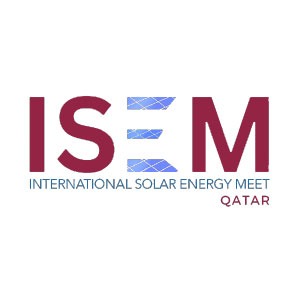- ASRY Awarded 2024 RoSPA Gold Medal in Health and Safety
- BP ponders shifting focus away from renewables, say sources
- QatarEnergy enters 10-year naphtha supply agreement with Japan’s ENEOS Corporation
- The International Energy Agency expects oil demand growth to slow in 2024
- The International Monetary Fund re-selects Kristalina Georgieva as its director
- Libya to target producing 1.4 million b/d by end 2024
- TotalEnergies launches the Marsa LNG project and deploys it multi-energy strategy in Oman
- H.E. Minister Al-Kaabi: Demand for oil and gas will continue for long; we have to be responsible, and Qatar is doing its part
- Egypt to stop exporting LNG starting from the beginning of May 2024
- QatarEnergy selects Nakilat to own and operate 25 conventional LNG vessels

IEA: Financing clean energy transitions in emerging and developing economies must be a top global priority

The world’s energy and climate future increasingly depends on whether emerging and developing economies are able to successfully transition to cleaner energy systems, calling for a step change in global efforts to mobilize and channel the massive surge in investment that is required. Many of these countries do not have access to the funds they need to rapidly transition to a healthier and more prosperous energy future – and the damaging effects of the Covid-19 crisis are lasting longer in many parts of the developing world. Annual clean energy investment in emerging and developing economies needs to increase by more than seven times – from less than USD 150 billion last year to over $1 trillion by 2030 – to put the world on track to reach net-zero emissions by 2050, according to the new report by IEA “Financing Clean Energy Transitions in Emerging and Developing Economies”. The report, which was carried out in collaboration with the World Bank and the World Economic Forum, finds there is no global shortage of capital, but many countries need stronger policies, more robust financial markets, and coordinated international efforts to ensure that private investors take advantage of the huge opportunities available. We also offer key recommendations for unlocking a massive surge in clean energy investment in the developing world.










